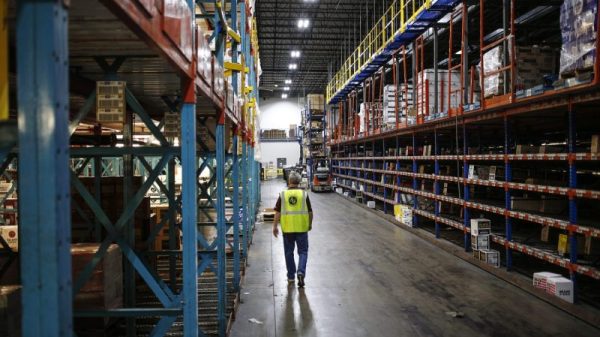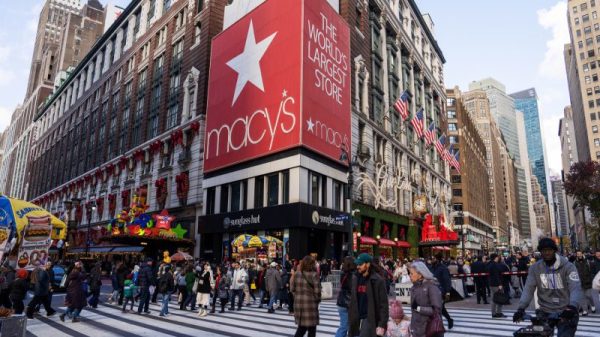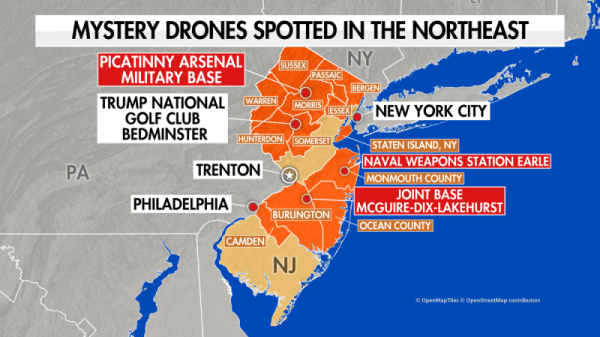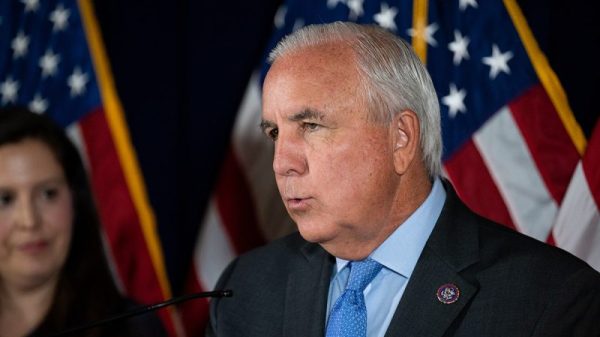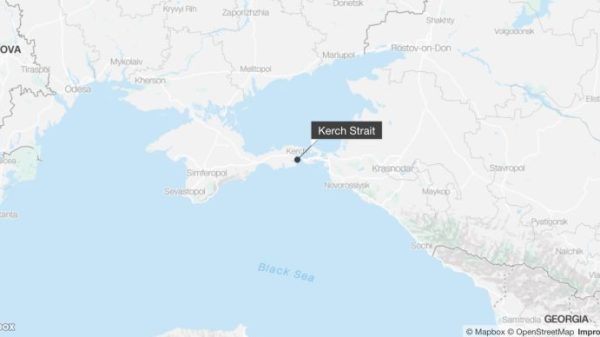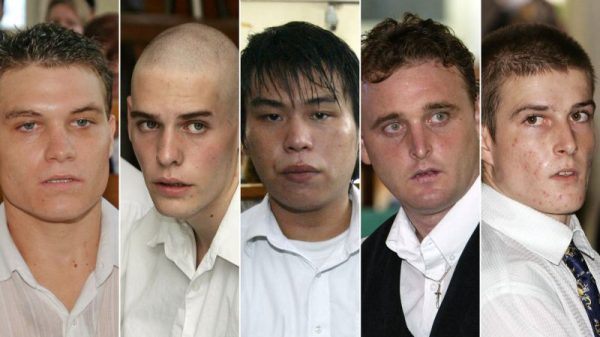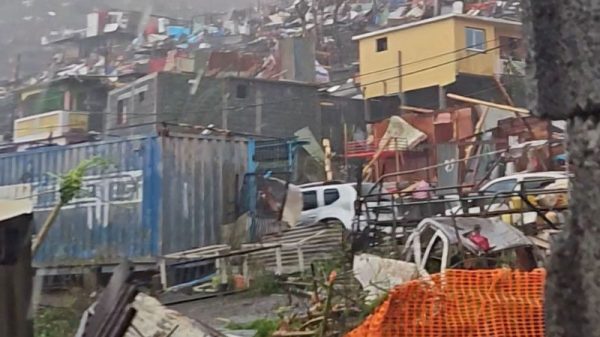A brutal heat wave is expanding across Texas and the South this week, impacting millions of Americans with triple-digit temperatures and extreme humidity that is cranking up the heat index, making it feel hotter than 110 degrees in some of the region’s most populous cities.
But forecasters are warning that there is a more dangerous aspect to this heat wave, and one that is becoming more common because of the climate crisis: overnight temperatures are not cooling down enough, offering little reprieve from the oppressive heat — particularly for people who don’t have access to air conditioning.
The National Weather Service highlighted the insidious nature of this week’s heat wave in a statement on Monday, when forecasters at the Weather Prediction Center noted “there may be more danger than a typical heat event, due to the longevity of near-record or record high nighttime lows and elevated heat index readings.”
Overnight temperature records are expected to far outpace daytime records this week. Around 90 afternoon high-temperature records could be broken across the South, from Texas to the Mississippi Valley and parts of Florida, according to data from the National Weather Service.
But overnight temperatures will also stay abnormally high, with potentially 180 nighttime records broken over the next seven days.
Hotter nights are a consequence of the climate crisis, scientists have warned. On average, nights are warming faster than days in most of the US, according to the 2018 National Climate Assessment.
Increasing nighttime heat is even more common in cities because of the urban heat island effect, in which metro areas are significantly hotter than their surroundings.
Dallas, for example, is set to go six consecutive days without seeing temperatures drop below 80 degrees Fahrenheit overnight — a June record for the city.
Areas with a lot of asphalt, concrete, buildings and freeways absorb more of the sun’s heat than areas with parks, rivers and tree-lined streets. At night, when temperatures are supposed to cool down, the retained heat is released back into the air, said Kristie Ebi, a climate and health expert at the University of Washington.
Areas with a lot of green space – with grass and trees that reflect sunlight and create shade – are cooler on summer’s hottest days.
“It’s going to take a while for trees to grow, but we need tree planting programs focusing on places that are particularly vulnerable — making sure that city planning takes into account that we’re heading into a much warmer future.”
Houston has had nine days far this month that haven’t dropped below 80 degrees — nearly double what’s typical for June. This has only happened two other times in the city’s records.
Nighttime should be when our bodies are given a break from the heat, Patel said. But with climate change, that’s becoming less likely to happen. A recent study found that heat-related deaths could increase six-fold by the end of the century due to warmer nighttime temperatures, unless planet-warming pollution is significantly curbed.
Researchers have also warned the climate crisis is already affecting people’s ability to sleep. A study published last month found that people living in warmer climates lose more sleep for each degree of temperature increase.
“We all know what it’s like to try to fall asleep on a hot night — it’s uncomfortable,” Patel said. “We often lose sleep. It is estimated that by the end of the century, we could lose about two days of sleep per year, and it will be worse for people without access to air conditioning.”
Patel explains that at its most extreme, when a human body does not get the chance to recover — typically at night — heat stress can progress to heat stroke, which is associated with confusion, dizziness and passing out.
And while this can happen to anyone, she said the impacts are more amplified on the elderly, people with chronic underlying health conditions, and young children, particularly infants. Heat waves that go on for several days tend to be associated with more deaths as the body can no longer keep itself cool.
“Living through a heat wave during the day can be like running a race,” Patel said. “We need a cool break to recover and recuperate, and when nighttime temperatures don’t drop, we don’t get that critical time we need to relieve the stress on our bodies from being overheated during the day.”







